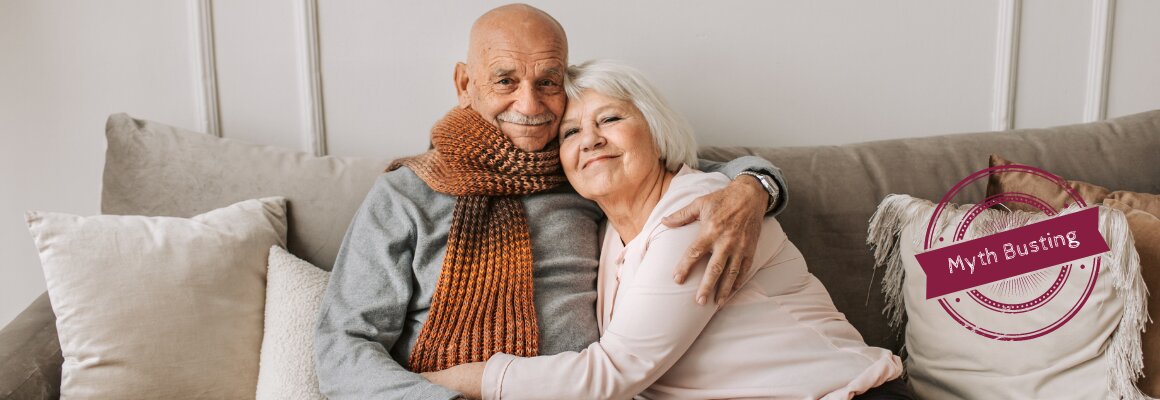Debunking The Myth
Many people assume that when they die their home, savings and possessions will automatically pass to their spouse – but sometimes the law is not that simple.
With no will, you could be leaving your surviving spouse and children with complex legal problems which could lead to painful and divisive family arguments.
Also, today more people are remarrying. Die without a will and your estate could automatically pass to your second spouse and their offspring. Any children from your first family would receive nothing as of right.
The Rules Of Intestacy
If you die without making a will (in intestacy) only the first £322,000 (for deaths after 23-07-2023) of your estate automatically gets given to your spouse. After that, it starts getting shared out among others in a legally defined hierarchy.
If there are surviving children, grandchildren or great grandchildren of the person who died and the estate is valued at more than £322,000, the partner will inherit:
- all the personal property and belongings of the person who has died, and
- the first £322,000 of the estate, and
- half of the remaining estate.
If there are no surviving children, grandchildren or great-grandchildren, the partner will inherit:
- all the personal property and belongings of the person who has died and
- the whole of the estate with interest from the date of death.
This only applies if yourself and your partner are in a legal marriage or civil partnership.
The intestacy rules do not provide for what is often referered to (wrongly) as a ‘common law partner.’ Cohabiting and unmarried couples would not automatically receive assets from a partner’s estate which are held in their sole name if their partner did not have a will.
Unmarried and cohabiting partners have the legal right to claim against their partner’s estate if they’ve been cohabiting for more than two years. However, they aren’t automatically entitled to any of their partner’s property, financial assets, or belongings unless they’re jointly owned.
Get Expert Legal Help
Do you have any further questions about creating a will? Please contact our Wills and Probate Team.






.webp)

